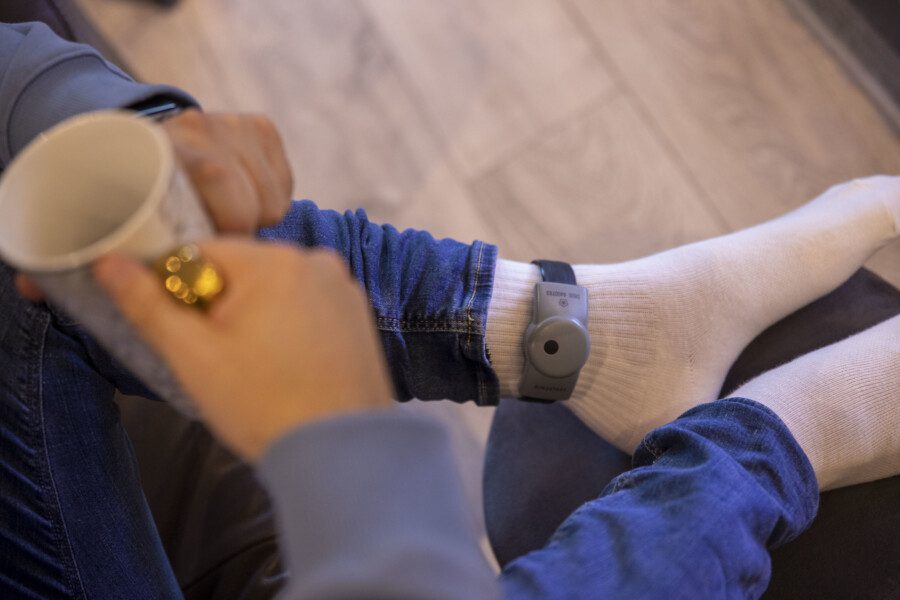How electronic tags can support people away from crime

Gemma Fraser, Head of Restorative Justice and Recovery at Community Justice Scotland, talks about the real life stories where electronic monitoring has made a difference to people’s lives
Jack was only a teenager when he was arrested and sentenced to a second chance. Electronic monitoring – or a tag – as part of his sentence, made the world of difference in his case.
“I grabbed it. Completed my hours, tag off, working on my anger. Without this chance, I don’t know where I’d be. Who I’d be,” he explained.
“At least I got a second chance from the judge there. My life was in her hands. The right hand was jail, and the left hand was other, and I’m glad I got the left hand.”
Electronic monitoring can help change lives and reduce reoffending when it’s used with the proper support services. I’d welcome more use of it where it’s safe and appropriate for an individual’s case.
A tag could be part of a community-based sentence to restrict someone’s movement such as a curfew but can also be used to support someone in the community while on bail and also for some people when leaving prison.
This type of sentence with support services can help to reduce further offending by addressing a person’s needs and the causes of offending within a safe, managed community environment. It can support people to comply with the justice system, to attend court appointments and reduce the likelihood of breaching bail or a community-based order.
We know from the evidence that community sentences like this can work in stopping reoffending – but we also hear from individuals about the positive impacts.
Jack from Moray was 19 when he landed up in court after he says he went off the rails and got involved with drugs and alcohol.
“Being in a court by yourself for a change, is quite nervous, anxious, terrified, names getting called out, and when my name was getting called out, you have to go down to the dock. You have to go up in front of the judge, and the PF (procurator fiscal) is explaining, your solicitor’s fighting for you. It’s quite an intense time, because from the minute I was in that dock, I thought I was getting a custodial sentence,” he explained.

“Luckily, I came away, and she turned round and says, ‘I’m going to give you a Community Payback Order of 120 hours,’ and then I got a tag round my ankle for 145 days, and I also got an 18 month supervision order.
“A Community Payback Order, I think it gives you a sort of a wake-up call, and it gives you new skills as well, because you’re doing different things like painting, gardening, woodwork, removals, if you are treating it like a workplace, as I did. So in a way, I can say I enjoyed it as well, I took it as a punishment, but I benefited from it as well, gaining new skills, obviously, to help me get into work as well.
“I won’t be offending with drugs again, and I’m nae dealing whatsoever. It was a big mistake, but I feel that if I keep thinking positively, and having confidence and all that, I can have a good future, that’s where I see my life going.”
Others who have been on electronic monitoring orders have reported what it meant to them.
One man, 32, from Glasgow, said: “Being on tag has made me a better person, I don’t want to go back to my previous way of life.”
Another man, 39, from Airdrie, revealed: “I found it hard to remember my curfew at the start. I feel like I have a better schedule now, having the support of my family made it easier.”
A 35-year-old woman from Alloa said: “I’m not going to get into trouble again after this.”
A Livingston man who’s 37, commented: “Having no night life was hard, my behaviour has been calmer since being on tag. I did find it challenging to get home from work on time before my curfew started.”
